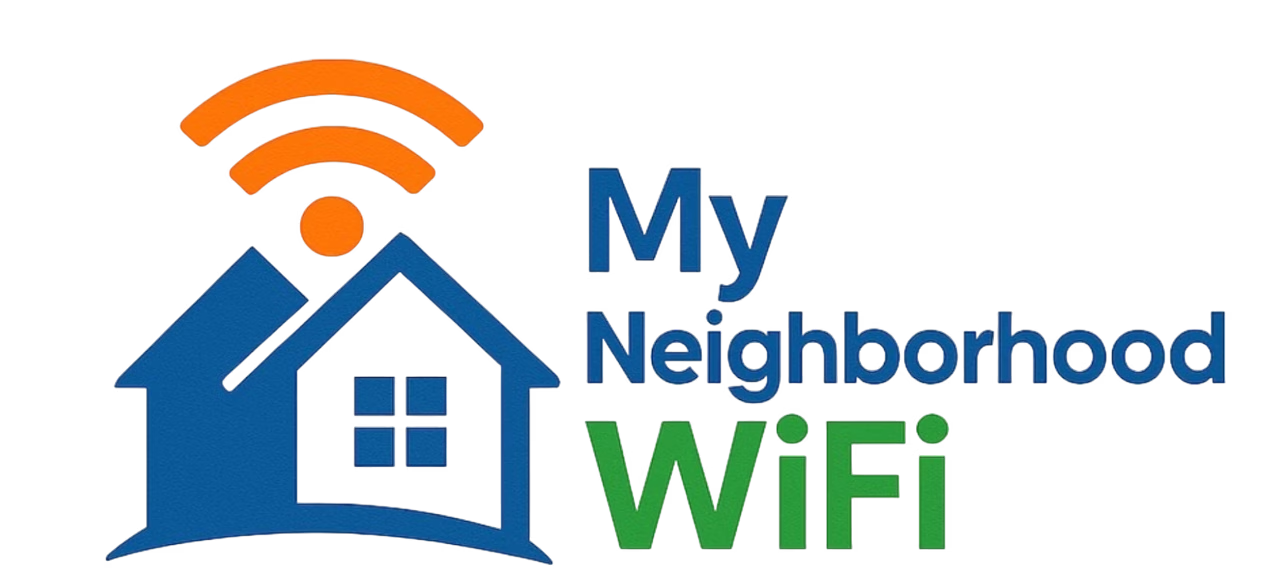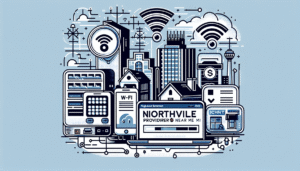
Paying for internet can feel like one of those unavoidable costs of modern life, but your monthly bill doesn’t need to drain your wallet. With the right strategies, you can lower your costs while still enjoying reliable service. In this guide, we’ll explore smart, realistic tips to help you trim your internet expenses without sacrificing quality. Whether you’re working from home, streaming movies, keeping up with online gaming, or just trying to connect on social media, these techniques can help bring your bill down.
Understand What You’re Paying For
The first step toward lowering your internet bill is knowing exactly what’s included in it. Many households pay for features or speeds they don’t really need. Look through your bill and ask yourself these questions:
- Am I paying for the maximum speed tier but only using the internet for browsing or streaming?
- Are there extra add-ons like antivirus subscriptions, modem rental fees, or premium services that I don’t use?
- Is my bill higher now than when I first signed up? (Some providers increase rates after a promotional period ends.)
Once you know where your money is going, you can figure out what to cut or downgrade.
Negotiate With Your Provider
This could be one of the most effective ways to cut your internet cost. Internet providers depend on customer loyalty, but they also know there’s competition. A quick phone call could save you money. Here’s how:
- Do your research: See what competitors in your area are offering. You can discuss those rates during the call.
- Be direct but polite: Tell the representative that you’re considering switching to another provider unless they can help you lower the bill.
- Ask about promotions: Many providers have unadvertised offers available for existing customers who ask.
- Point out your history: If you’ve been paying on time for years, highlight your loyalty.
In many cases, simply asking can lead to a discount or at least a temporary promotional rate.
Buy Your Own Equipment Instead of Renting
One of the sneakiest charges on monthly internet bills is the modem or router rental. This fee can range anywhere between $10 and $20 per month and adds up to hundreds of dollars a year. The better option? Purchase your own compatible equipment. A good modem-router combo can often pay for itself in less than a year, and you’ll have full control over your hardware.
When looking for a router, search for models that support the latest Wi-Fi standards. Reliable consumer sites and communities like Wikipedia explain the key differences between Wi-Fi 5, Wi-Fi 6, and Wi-Fi 6E. Choosing the right device ensures long-lasting value and faster performance.
Match Your Internet Speed Plan to Your Needs
Internet speed packages are often marketed aggressively, with “gigabit” speeds at the top tier. However, most families and individuals don’t need that much bandwidth. Here’s a simple guide for finding your right fit:
| Internet Usage | Recommended Speed |
|---|---|
| Emails, browsing, social media | 25–50 Mbps |
| HD streaming and video calls (2–3 people) | 100–200 Mbps |
| Multiple 4K streams, gaming, remote work | 300–500 Mbps |
| Heavy uploading, content creation, very large households | 500 Mbps–1 Gbps |
If you’re paying for a plan that far exceeds your usage, consider downgrading. Most people don’t notice a difference in performance with a lower-speed plan as long as it matches their daily needs.
Use Your Wi-Fi Efficiently
Sometimes poor Wi-Fi performance makes people believe they need a higher speed plan, but the real issue is their setup. Poor placement of your router, signal interference, or outdated equipment can all reduce your internet experience. Instead of upgrading, try these fixes first:
- Place the router in a central location in your home, ideally on an elevated surface.
- Keep it away from electronic clutter such as microwaves or cordless phones that may cause interference.
- Secure your Wi-Fi with a strong password to prevent neighbors from piggybacking on your connection.
- Consider mesh Wi-Fi or range extenders if you have a large home with dead zones.
If problems persist, forums like Reddit’s HomeNetworking community have countless guides and advice from users who’ve optimized their networks without spending extra money on unnecessary speed.
Bundle Your Services Carefully
Providers often push bundles that include phone or TV services along with internet. These may initially seem cheaper, but in many cases, they lead to higher bills when promotions expire. Before you agree to a bundle:
- Ask how much the internet-only package costs compared to the bundle.
- Check what the regular price will be after the first year of the promotion.
- Evaluate whether you still need traditional TV or landline services at all—many households no longer do.
Sometimes separating services, rather than bundling them, makes more financial sense over the long term.
Consider Alternatives
Depending on your area, alternative options might be cheaper and perfectly adequate for your needs. Community broadband initiatives, fixed wireless options, or even satellite services in rural areas may give you a better deal. Before switching entirely, check reviews on platforms like Yelp to see how real customers describe reliability and performance.
Cut Back on Extra Fees
Internet providers sometimes tack on small line-item charges that add up. Keep an eye out for these and ask if they can be waived:
- Installation fees (often negotiable if you install equipment yourself)
- Service protection plans
- “Upgrade” fees for faster speeds
- Late fees (set up autopay to avoid them)
Eliminating these little charges can save significant money over a year’s time.
Share Costs if Possible
If you live in a shared household, splitting internet costs is an obvious way to reduce individual expenses. Agree on a fair share for each roommate and put the bill on autopay to avoid conflicts. In certain living arrangements, neighbors even team up on one internet bill if their landlord allows sharing Wi-Fi. Just make sure you’re not breaking terms of service when doing so.
Go Mobile-Only (for Light Users)
For very light internet users, eliminating home internet and relying solely on a cell phone data plan might be worthwhile. While this won’t work for heavy streamers or remote workers, it can be a huge money-saver for someone who primarily uses internet for messaging, casual browsing, or light streaming directly on their phone. Communities such as Quora have discussions where users share their experiences living without traditional home internet.
Review Your Plan Every Year
Internet bills have a habit of creeping upward over time. Providers count on customers not noticing or not being willing to switch. By putting a yearly reminder on your calendar to review your bill and shop around, you’ll never let your costs spiral out of control. This annual reassessment keeps you in control rather than your provider.
Final Thoughts
Saving money on your internet bill doesn’t have to mean sacrificing speed or reliability. By being proactive, buying your own equipment, choosing the right speed for your household, and simply asking for better rates, you can carve away unnecessary costs. Take a little time to understand your needs, negotiate firmly, and manage your Wi-Fi smartly—you may be surprised how much you can save month after month.
“Most inquiries are answered within the same day”
Written by admin
Content writer and tech enthusiast sharing insights on internet connectivity.



